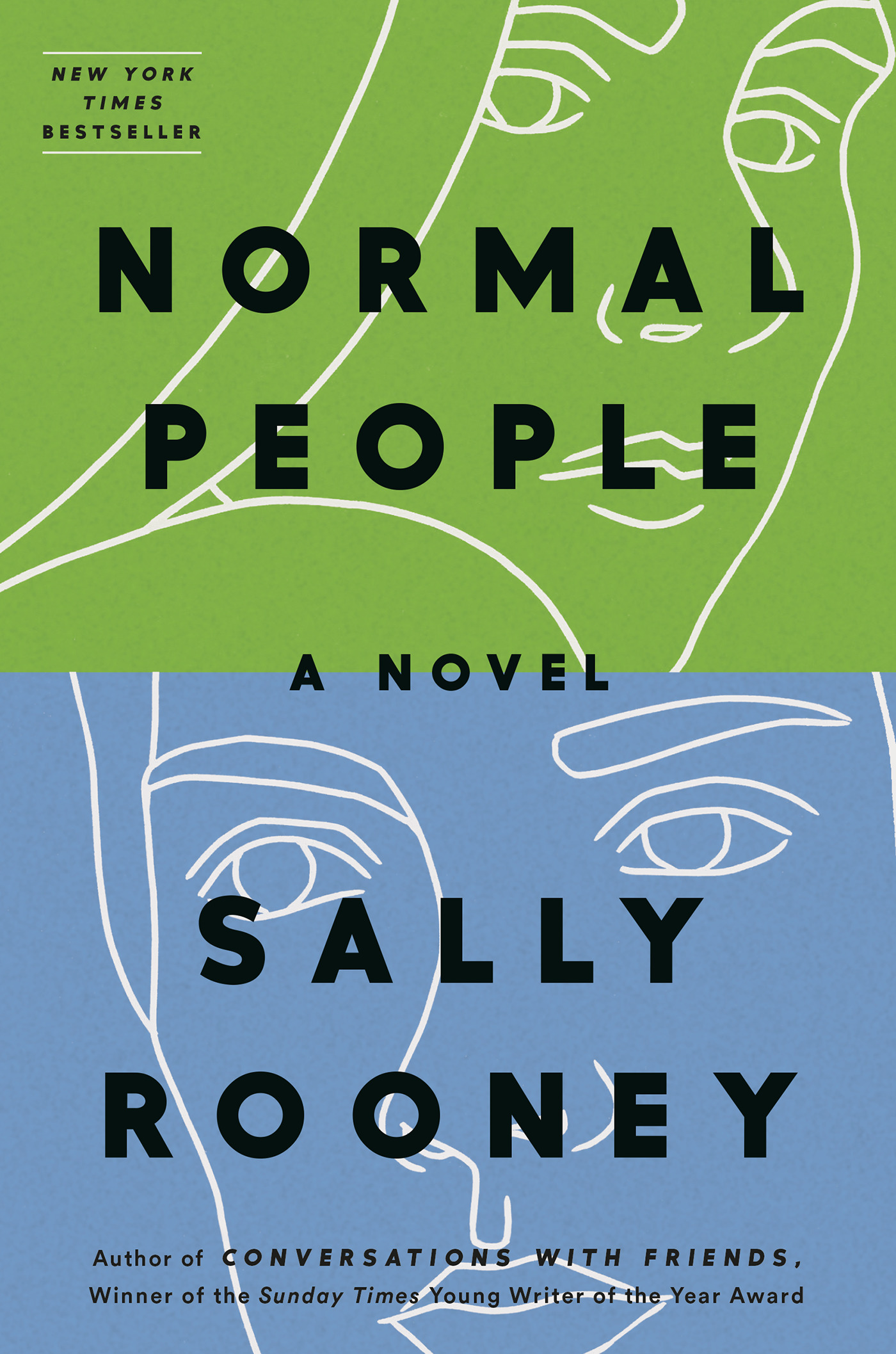
Nonviolent Communication: A Language of Life
by Marshall B. Rosenberg
30 popular highlights from this book
Key Insights & Memorable Quotes
Below are the most popular and impactful highlights and quotes from Nonviolent Communication: A Language of Life:
“What I want in my life is compassion, a flow between myself and others based on a mutual giving from the heart.”
“All violence is the result of people tricking themselves into believing that their pain derives from other people and that consequently those people deserve to be punished.”
“At the core of all anger is a need that is not being fulfilled.”
“We are dangerous when we are not conscious of our responsibility for how we behave, think, and feel.”
“My theory is that we get depressed because we’re not getting what we want, and we’re not getting what we want because we have never been taught to get what we want. Instead, we’ve been taught to be good little boys and girls and good mothers and fathers. If we’re going to be one of those good things, better get used to being depressed. Depression is the reward we get for being “good.” But, if you want to feel better, I’d like you to clarify what you would like people to do to make life more wonderful for you.”
“We only feel dehumanized when we get trapped in the derogatory images of other people or thoughts of wrongness about ourselves. As author and mythologist Joseph Campbell suggested, "'What will they think of me?' must be put aside for bliss." We begin to feel this bliss when messages previously experienced as critical or blaming begin to be seen for the gifts they are: opportunities to give to people who are in pain.”
“As we’ve seen, all criticism, attack, insults, and judgments vanish when we focus attention on hearing the feelings and needs behind a message. The more we practice in this way, the more we realize a simple truth: behind all those messages we’ve allowed ourselves to be intimidated by are just individuals with unmet needs appealing to us to contribute to their well-being. When we receive messages with this awareness, we never feel dehumanized by what others have to say to us. We only feel dehumanized when we get trapped in derogatory images of other people or thoughts of wrongness about ourselves. As”
“peace cannot be built on the foundations of fear.”
“Analyses of others are actually expressions of our own needs and values.”
“Two Questions That Reveal the Limitations of Punishment Two questions help us see why we are unlikely to get what we want by using punishment to change people’s behavior. The first question is: What do I want this person to do that’s different from what he or she is currently doing? If we ask only this first question, punishment may seem effective, because the threat or exercise of punitive force may well influence someone’s behavior. However, with the second question, it becomes evident that punishment isn’t likely to work: What do I want this person’s reasons to be for doing what I’m asking?”
“When we are in contact with our feelings and needs, we humans no longer make good slaves and underlings.”
“In this stage, which I refer to as emotional slavery, we believe ourselves responsible for the feelings of others. We think we must constantly strive to keep everyone happy. If they don’t appear happy, we feel responsible and compelled to do something about it. This can easily lead us to see the very people who are closest to us as burdens.”
“focus on clarifying what is being observed, felt, and needed rather than on diagnosing and judging,”
“Anger is a result of life-alienating thinking that is disconnected from needs. It indicates that we have moved up to our head to analyze and judge somebody rather than focus on what we are needing and not getting.”
“Perhaps you are surprised that I regard praise and compliments to be life-alienating. Notice, however, that appreciation expressed in this form reveals little of what’s going on in the speaker; it establishes the speaker as someone who sits in judgment. I define judgments—both positive and negative—as life-alienating communication.”
“Advising: “I think you should … “ “How come you didn’t … ?” One-upping: “That’s nothing; wait’ll you hear what happened to me.” Educating: “This could turn into a very positive experience for you if you just … “ Consoling: “It wasn’t your fault; you did the best you could.” Story-telling: “That reminds me of the time … “ Shutting down: “Cheer up. Don’t feel so bad.” Sympathizing: “Oh, you poor thing … “ Interrogating: “When did this begin?” Explaining: “I would have called but … “ Correcting: “That’s not how it happened.”
“the more you become a connoisseur of gratitude, the less you are a victim of resentment, depression, and despair. Gratitude will act as an elixir that will gradually dissolve the hard shell of your ego—your need to possess and control—and transform you into a generous being. The sense of gratitude produces true spiritual alchemy, makes us magnanimous—large souled. —Sam Keen, philosopher”
“when people hear anything that sounds like criticism, they tend to invest their energy in self-defense or counterattack. If we wish for a compassionate response from others, it is self-defeating to express our needs by interpreting or diagnosing their behavior. Instead, the more directly we can connect our feelings to our own needs, the easier it is for others to respond to us compassionately.”
“Don’t mix up that which is habitual with that which is natural.”
“We were born to make manifest the glory of God that is within us. It’s not just in some of us, it is in everyone. And as we let our own light shine, we unconsciously give other people permission to do the same. As we are liberated from our fear, our presence automatically liberates others.”
“Life-alienating communication both stems from and supports hierarchical or domination societies, where large populations are controlled by a small number of individuals to those individuals, own benefit. It would be in the interest of kings, czars, nobles, and so forth that the masses be educated in a way that renders them slavelike in mentality. The language of wrongness, should, and have to is perfectly suited for this purpose: the more people are trained to think in terms of moralistic judgments that imply wrongness and badness, the more they are being trained to look outside themselves—to outside authorities—for the definition of what constitutes right, wrong, good, and bad. When we are in contact with our feelings and needs, we humans no longer make good slaves and underlings.”
“Blaming and punishing others are superficial expressions of anger.”
“What some of us call lazy some call tired or easy-going, what some of us call stupid some just call a different knowing, so I’ve come to the conclusion, it will save us all confusion if we don’t mix up what we can see with what is our opinion. Because you may, I want to say also; I know that’s only my opinion. —Ruth Bebermeyer”
“I am not easily frightened. Not because I am brave but because I know that I am dealing with human beings, and that I must try as hard as I can to understand everything that anyone ever does. And that was the real import of this morning: not that a disgruntled young Gestapo officer yelled at me, but that I felt no indignation, rather a real compassion,”
“With every choice you make, be conscious of what need it serves.”
“there is considerably less violence in cultures where people think in terms of human needs than in cultures where people label one another as “good” or “bad” and believe that the “bad” ones deserve to be punished. In”
“Let’s shine the light of consciousness on places where we can hope to find what we are seeking.”
“This objective of getting what we want from other people—or getting them to do what we want them to do—threatens the autonomy of people, their right to choose what they want to do. And whenever people feel that they’re not free to choose what they want to do, they are likely to resist, even if they see the purpose in what we are asking and would ordinarily want to do it.”
“All criticism, attack, insults, and judgments vanish when we focus attention on hearing the feelings and needs behind a message. The more we practice in this way, the more we realize a simple truth: behind all those messages we've allowed ourselves to be intimidated by are just individuals with unmet needs appealing to us to contribute to their well-being.”
“Our attention is focused on classifying, analyzing, and determining levels of wrongness rather than on what we and others need and are not getting.”


